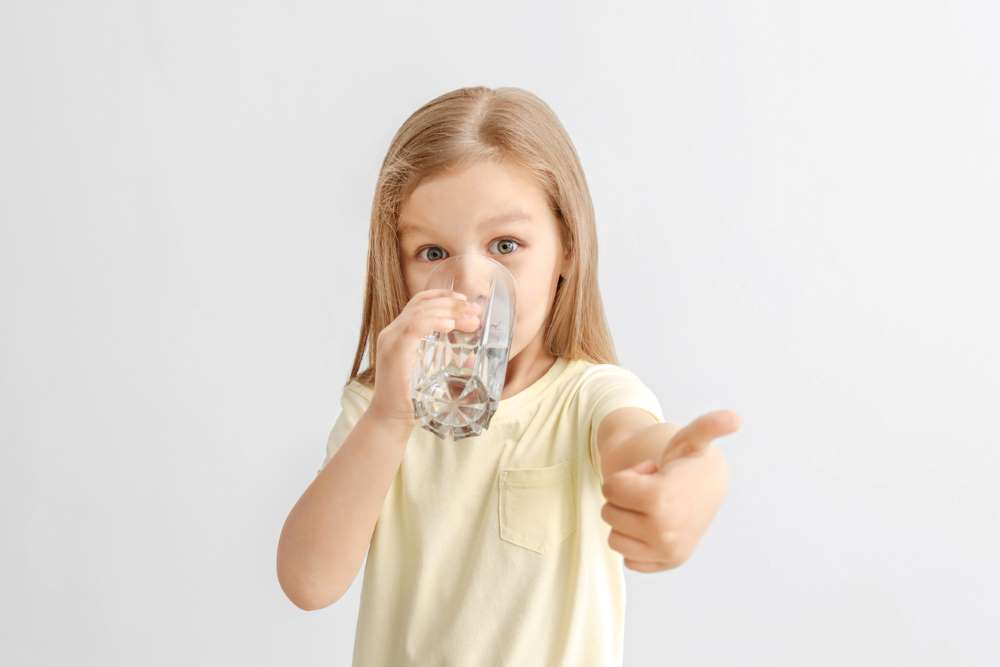
Several factors contribute to how children make their developmental milestones. Water is one such aspect. Soft water over hard water is an essential element in your baby’s development and growth.
If you are in an environment that mainly survives on hard water, having some soft water set aside for your baby is ideal. You can incorporate an efficient water softener and guard your child’s health. Below are four essential reasons as to why you should embrace soft water for your baby:
-
Better Skin Conditions Management
Soft water has a pleasant feel to your baby’s skin, unlike hard water. It easily lathers with soap, and subsequently, you will use less soap. On the other hand, hard water will irritate the skin with physical and chemical abrasion.
Additionally, it does not thoroughly wash away the soap lather. Consequently, irritation to the skin becomes worse, giving it a pale and dry appearance.
Hard water also worsens skin conditions your child could be having, like eczema. Your child can also have aggravated dermatitis with the use of hard water. The high composition of magnesium and calcium is bad news if your baby has skin conditions. The presence of mineral elements makes the skin more sensitive than average, especially if you are using untreated water from a well. There are many options available on the market but the Best home water softeners are hard to find. If you live outside city limits and pump your own water, here is the best water softener for well water.
-
Maintains Overall Body Health
When you use soft water on your baby’s skin, you will require just enough soap to lather. It means the skin maintains an average pH value and moisture content.
On the other hand, hard water unbalances the skin pH, causing it to become dry and flaky. The skin also becomes itchy, developing unpleasant blemishes. Click here to understand more about why soft water is best for your baby. Your child may also have trouble drinking hard water as it may have a funny, metallic taste.
Remember, a healthy supply of water intake is essential for your child’s well-being. Water helps flush toxins out of the body. As a result, they may even have stomach upsets and have constipation.
With soft water, you can efficiently train your child to consume water regularly. The water helps them to regulate body temperature and even aid in digestion.
-
Avoids Fluorosis
When your baby consumes water with a high fluoride composition, it has adverse effects on how the teeth develop. Remember, the formative years have a significant role in how one becomes an adult.
When the milk teeth are sprouting, fluoride is necessary to avoid tooth decay. However, excessive fluoride gives rise to fluorosis, which becomes visible as white lines on the teeth. Soft water, on the other hand, will help you avoid this scenario.
-
Better Comfort
Think of the adverse effects of washing your baby’s clothes with hard water. Consequently, washing your baby’s clothes in soft water will ensure you avoid triggering skin infections by the deposit of the mineral elements to the clothes.
Furthermore, hard water makes the clothes have a pale and rough texture. Using such clothes will be quite uncomfortable for your child. The child’s bedding will also be harsh, disrupting their sleeping patterns.
Think of your comfort as well. How hard can it be doing baby tasks like cleaning their clothes, bathing them, washing their utensils because of hard water? It takes soap more time to lather, meaning you will spend extra time doing the chores. The time you can spend bonding with your child and monitoring their milestones.
A child growing up in good health is the pride of every mother. Using soft water over hard water will help you realize this goal, both from the inside and outside. Having your child in a relaxed state will make your motherhood journey less stressful and, in fact, more fulfilling, knowing you are doing the best for your baby’s growth.



























